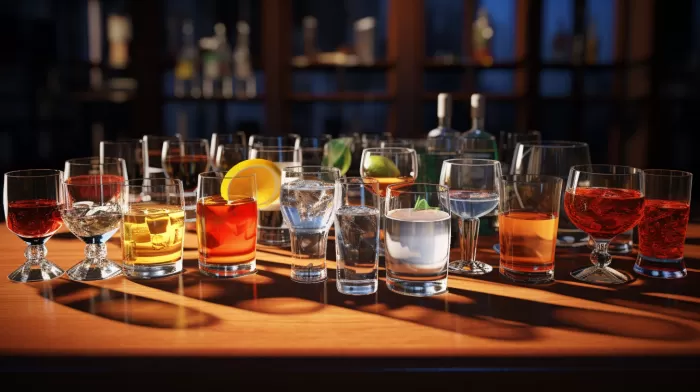Partying hard on the weekends and consuming large amounts of alcohol is something many people indulge in, but doing so can have effects beyond a simple hangover. Research at the University of Massachusetts Medical School shows that even a single night’s overindulgence in alcohol can have significant consequences on your digestive system, immune system, and overall health.
Taking a few extra drinks doesn’t just make you temporarily unstable; it weakens the walls of your intestines, allowing bacteria to enter your bloodstream from your gut. This results in increased levels of bacterial toxins, or endotoxins, circulating in your blood. These toxins can stimulate your body to produce immune cells designed to cause a fever, increase inflammation, and damage your tissues.
Gyongyi Szabo, M.D., Ph.D., a professor of medicine and researcher on the study, says, “We found that a single alcohol binge can elicit an immune response, potentially impacting the health of an otherwise healthy individual. Our observations suggest that an alcohol binge is more dangerous than previously thought.”
Binge drinking is typically defined as a man consuming five or more alcoholic drinks within two hours, or a woman having four or more drinks during that period. To better understand the effects of binge drinking, the researchers performed blood tests on about two dozen men and women who had consumed enough alcohol to become intoxicated. They discovered that binge drinking caused an immediate increase in the blood’s endotoxin levels.
Endotoxins are elements of bacterial cell walls that are released into the blood when the bacterial cells are destroyed. Furthermore, the researchers found that the study participants had bacterial DNA in their bloodstreams, stemming from harmful bacteria that had traveled through their intestinal walls.
But does this mean you should avoid enjoying a drink with friends during the weekends? Not necessarily. To enjoy a drink responsibly, try sticking to the following guidelines:
1. Know your limits
It’s essential to understand your body’s limits when it comes to alcohol consumption. The key is to avoid binge drinking, as defined earlier. As the saying goes, “just one and be done.”
2. Hydrate
Alcohol can be dehydrating, so make sure to drink water or other non-alcoholic beverages in between drinks. This will not only help keep you hydrated but also slow down your alcohol consumption.
3. Eat beforehand
Eating a meal before drinking can help slow down the absorption of alcohol in your bloodstream. Opt for foods that are high in protein and healthy fats, as they can help delay the absorption of alcohol in your system.
4. Avoid mixing different types of alcohol
Mixing different types of alcohol can increase the likelihood of experiencing adverse side effects, such as a hangover or feeling sick. Stick to one type, and remember to drink in moderation.
5. Pace yourself
Try to avoid drinking too quickly, as this can lead to overconsumption and result in negative side effects. Sip your drinks slowly, savoring the taste and allowing your body time to process the alcohol.
6. Consider alternating between alcoholic and non-alcoholic beverages
In between alcoholic drinks, consider having a non-alcoholic beverage, such as water or a mocktail. This not only helps keep you hydrated but also reduces the total amount of alcohol consumed.
Drinking responsibly is critical to preserving your health, and following these guidelines can help ensure that you can enjoy a night out with friends without putting your physical well-being at risk. Remember, when it comes to alcohol, moderation is key.



